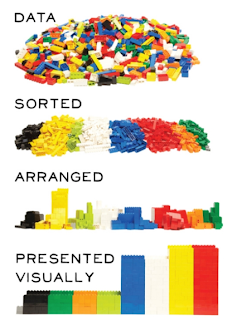The Inflamed Mind - radical new thinking on depression
The Inflamed Mind Edward Bullmore Follow Edward on TWITTER In The Inflamed Mind, Cambridge psychiatrist, Professor Edward Bullmore presents a new discovery which overturns centuries of medical, psychological and philosophical understanding: the mind and body are linked far more closely than we ever knew - obvious! Central to this thinking is doing away with old notions of dualism, such as mind and body, inherited from Descartes. For years it has been accepted by the medical profession that mind and body were separated by a `blood-brain barrier', which prevented all cellular interaction. It was not considered professionally respectable to investigate connections between the brain, the realm of neuroscience, and the immune system, the province of immunology, because it was well known that the brain and the immune system had nothing to do with each other. Now it is clear that that is not the whole story. Bullmore's research reveals that the existence of the blood-brain ba...



